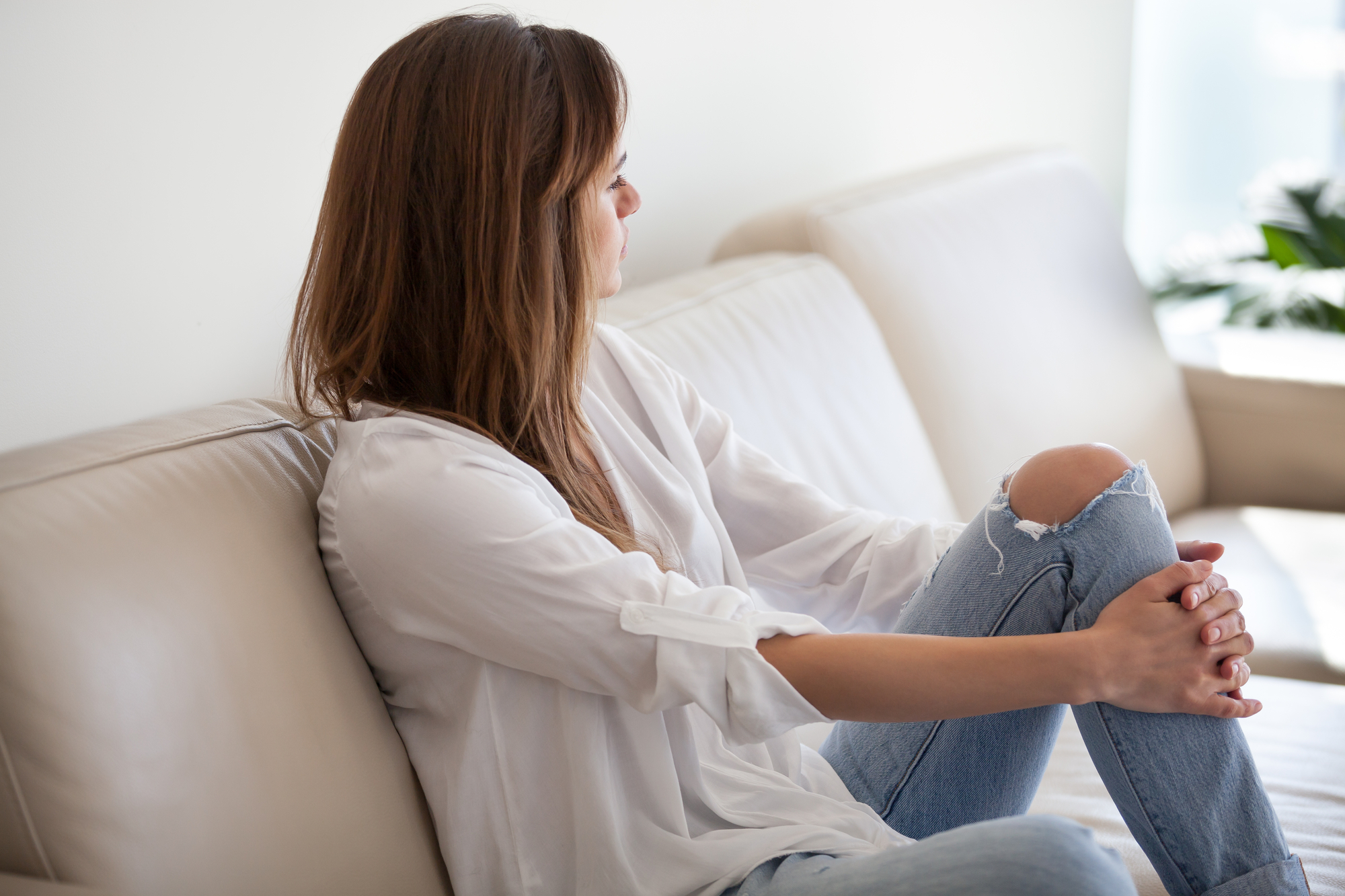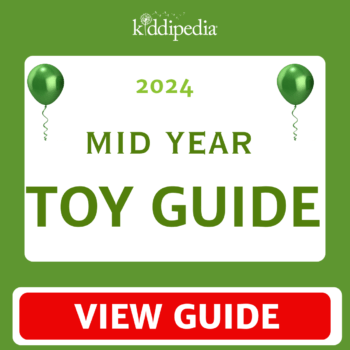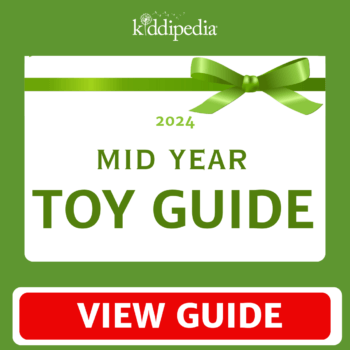Here we speak to Geoff, who has three sons (a four-year-old and three-year-old twins) with his partner of 10 years, Nagel, about his family.
Can you tell us about your family?
I grew up in country NSW and Nagel grew up in Italy. We are very lucky to have always had strong support from our family in our major life decisions, including having children. Words can’t define how important that support is in giving you the confidence to pursue your dreams, which for us was having kids.
Can you tell me about the process you went through to become parents?
We became parents through surrogacy using donor eggs. All our kids have the same biological mother, but different surrogate mothers.
Nagel and I aren’t strong advocates of surrogacy; it has its pros and cons. It was the only choice for us at the time because adoption for gay parents hadn’t yet been legalized. It is difficult to stop people from having kids if they have a very strong parental instinct. I certainly believe commercial surrogacy should be legalized, but it needs strong legislation surrounding it. Protection of the surrogate mother is the most important thing and their benefit should be ensured.
The surrogacy process for us was smooth and easy but was complicated by state laws changing in Australia criminalizing international surrogacy.
Research shows that children raised by same-sex parents are just as happy as children raised by opposite-sex parents. Does this surprise you?
Not at all. We have an amazing family, filled with an incredible amount of love. Our kids are young, but I know that the strong family bond they feel is no different to that of other kids.
Research has shown that one factor for a happy household is the equitable division of domestic duties, and same-sex couples generally divide the domestic and paid work more equally than opposite-sex couples. Is this true for you?
Definitely. When it comes to domestic duties, Nagel and I do what has to be done with very little disagreement. Gender can’t be used as an excuse for who does what. We divide the chores by what we enjoy: I like doing the washing, he likes to cook. What we both don’t enjoy (nappies) is split equally. When the kids were babies we shared the night feeding, and the kids seek out both of us equally.
Do you have any concerns about your children not having a mother in their life?
When we announced we were having kids, one of my aunts asked who would be the ‘mother’ out of the two of us. When I asked what she meant, she said she was referring to who would take on the domestic duties and the primary role in caring for the children. My aunt raised seven kids, and she and her husband took on very traditional roles in the family. We split these equally. Nagel and I took parental leave from work consecutively, we share domestic duties, and are both are nurturers, caregivers and breadwinners. By this definition, no I’m not concerned by the absence of a mother, as we fill that role.
Different genders can provide different influences and we do think it is important for kids to be exposed to a variety of possible choices and influences in life. One of our kids clearly prefers Disney’s Elsa as a fictional role model rather than Batman, and he gets great joy out of visits from our female friends, particularly his godmother.
We try to promote as many female influences in our lives as possible. They each have two godmothers, one in Italy and one in Australia. There are many female educators at their childcare and they have their grandmothers and family friends who are very present in their lives. For Mother’s Day, we celebrate Godmother’s Day and try to get the boys to do something special with their Godmother.
You might also like to read:
10 Ways to Show your Dad you love him on Father’s day
Supporting your Child’s Transition to School
Eight Vital Skills Children Develop in Early Learning and Care Settings









